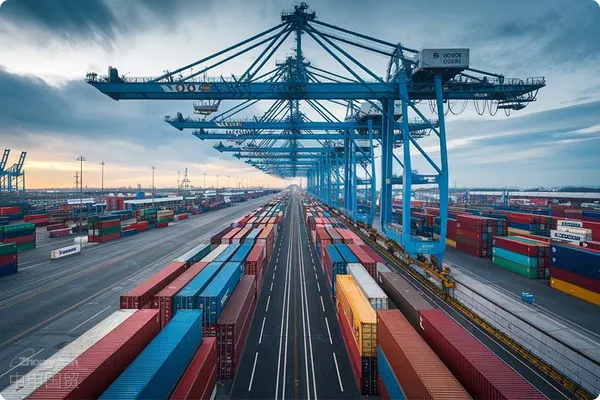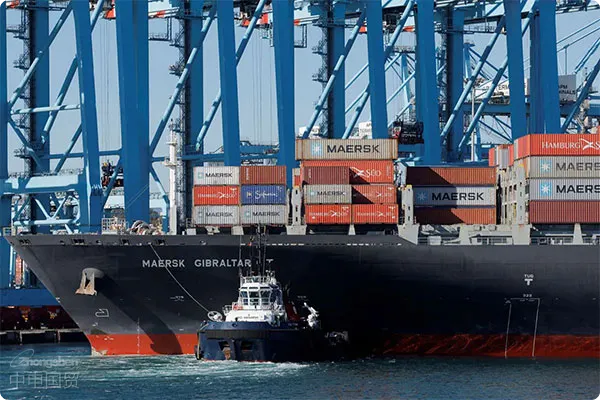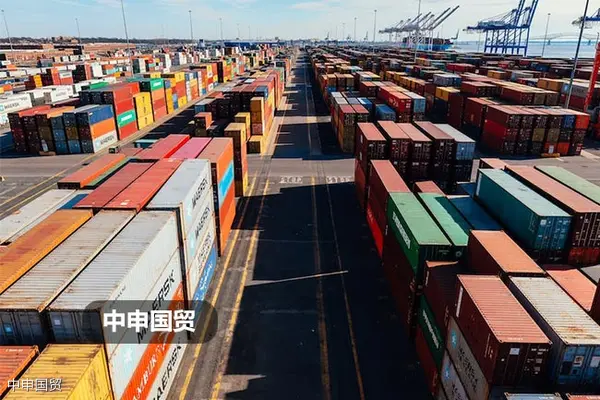- Shanghai Zhongshen International Trade Co., Ltd. - Two decades of trade agency expertise.
- Service Hotline: 139 1787 2118

In productsExport DrawbackIn agency services, agency fees are a critical factor for businesses. They involve multiple aspects including the service costs of agencies, the scale and complexity of the business itself. A thorough understanding of the composition, influencing factors, and how to reasonably control these fees is crucial for businesses to make informed decisions when selecting agency services.
I. Composition of Export Tax Rebate Agency Fees
Basic service fees
This is the basic component of agency fees, covering the routine operational costs for agencies to handle export tax rebate services for businesses. It includes the labor costs for collecting, organizing, and reviewing various documents provided by the business (such as commercial invoices, customs declarations, VAT special invoices, etc.). Agencies need to assign professionals to carefully verify the accuracy and completeness of the documents to ensure compliance with export tax rebate requirements. The labor and time costs involved in this process are reflected in the basic service fee.
Value - added service fees
If a business has special requirements, the agency may charge additional fees for value-added services. For example, when a business faces complex rebate situations—such as rebates involving special goods, unresolved historical issues, or urgent rebate processing—the agency needs to allocate additional resources and effort. Urgent rebate processing may require special communication and coordination with tax authorities to prioritize the declaration process, and such additional services will incur value-added service fees.
Risk-Assumption Fees (in certain cases)
In some cases, agencies may assume certain risks, which are also reflected in the agency fees. For example, for rebate policies that are not yet clearly defined or for businesses with certain risks (such as export tax rebates involving emerging industries where policies may be under continuous adjustment and refinement), agencies need to rely on their experience and professional judgment to handle the business. If policy changes or audit risks arise, agencies may face additional costs, and this risk cost may be included in the agency fees in some form.
II. Factors Influencing Export Tax Rebate Agency Fees
Scale of the Businesss Export Operations
The volume of a businesss export operations directly affects agency fees. Generally, businesses with large-scale export operations have more documents and higher operational complexity, but due to economies of scale, agencies may offer certain fee discounts. For example, large businesses with high monthly export orders may allow agencies to optimize processes and batch-process documents, reducing unit costs and thereby lowering average agency fees. Conversely, small businesses with limited operations may not benefit from economies of scale, resulting in relatively higher unit agency fees.
Complexity of Tax Refund Business
If a businesss export products involve multiple categories, different trade methods, or special tax policies, the complexity of the rebate process increases. For example, high-tech products may involve overlapping policies for R&D tax incentives and export rebates, or businesses adoptingCross-border E-commerceemerging trade methods may face different rebate processes and policy interpretations compared to traditional trade. In such cases, agencies need to allocate more expertise and labor to handle the business, leading to higher agency fees.
Regional Differences
The level of regional economic development, enforcement of tax policies, and labor costs can all influence export tax rebate agency fees. In economically developed regions, such as some coastalforeign tradedeveloped cities, higher labor costs and office rental expenses increase the operational costs for agencies, which may result in higher agency fees compared to less developed regions. Additionally, some regions may introduce special local policies to encourage exports, which could also impact agency fee structures.
III. Strategies for Reasonably Controlling Export Tax Rebate Agency Fees
Compare Multiple Options and Select the Right Agency
When choosing an export tax rebate agency, businesses should not focus solely on price but should also consider the agencys reputation, professional capabilities, and service quality. By obtaining quotes from multiple agencies and thoroughly understanding their service offerings and fee structures, businesses can select an agency with the best cost-performance ratio. For example, some agencies may offer lower quotes but include hidden fees or lack professional expertise, leading to issues in the rebate process and potentially increasing the businesss overall costs.
Optimize Internal Business Processes to Reduce Complexity
Businesses can optimize their export processes to improve the accuracy and standardization of documents. For example, strengthening internal financial management to ensure VAT special invoices meet requirements and standardizing the signing and execution of export contracts can reduce the workload and risks for agencies handling rebate services. This may enable businesses to negotiate lower agency fees.
Negotiate Fee Structures with Agencies
Companies can engage in candid communication with agencies to negotiate fee structures based on their business characteristics. For instance, companies with stable and substantial business volumes can attempt to establish long-term cooperation agreements with agencies to secure more favorable fee rates. Alternatively, for value-added services, clearly identify which services are truly needed by the company to avoid unnecessary expenses.
Conclusion
Export tax rebate agency fees are a critical factor that companies must consider when selecting export tax rebate agency services. Only by thoroughly understanding the composition and influencing factors of agency fees and adopting reasonable control strategies can companies ensure smooth export tax rebate operations while reducing operational costs and enhancing economic benefits. Against the backdrop of increasingly complex international trade, rational planning and control of export tax rebate agency fees will help companies maintain competitiveness in the global market.
Related Recommendations
Learn
Contact Us
Email: service@sh-zhongshen.com
Related Recommendations
Contact via WeChat

? 2025. All Rights Reserved. Shanghai ICP No. 2023007705-2  PSB Record: Shanghai No.31011502009912
PSB Record: Shanghai No.31011502009912









